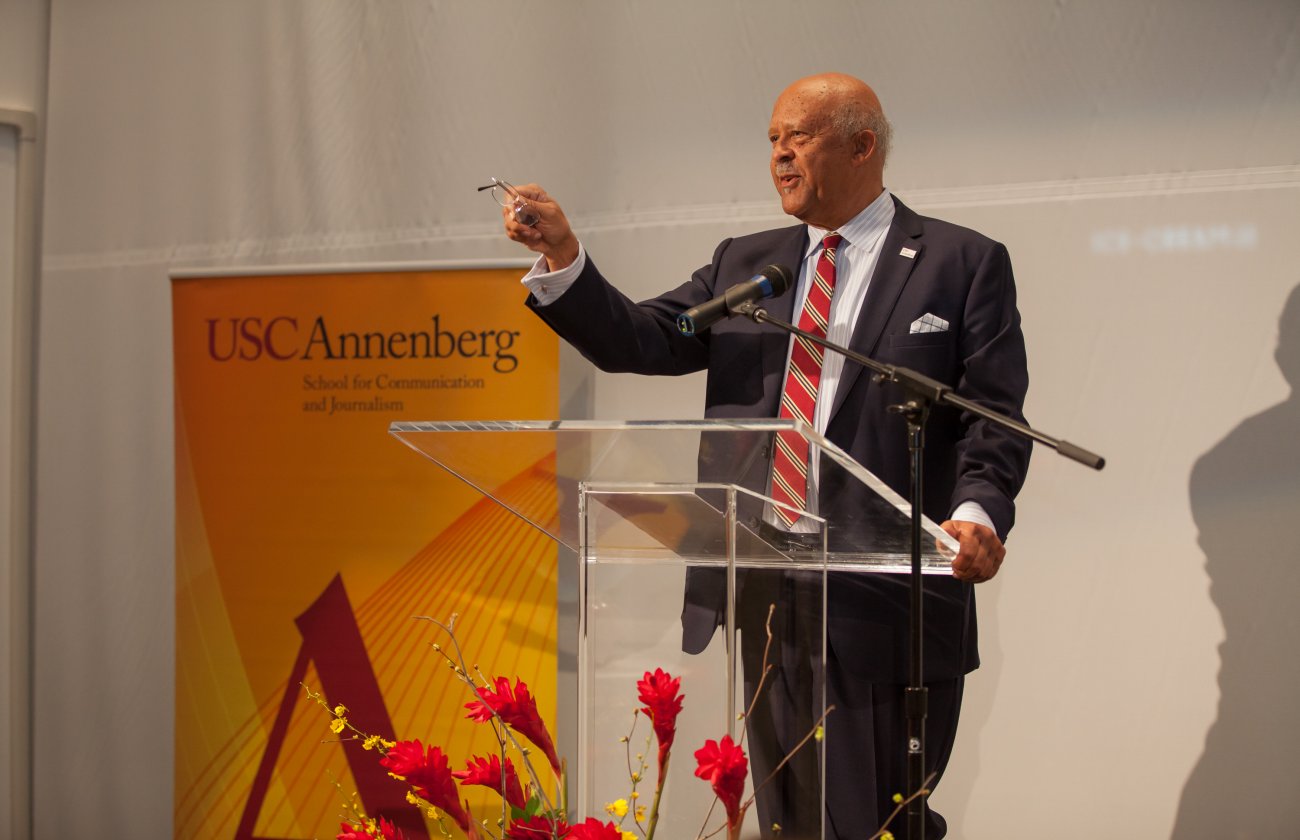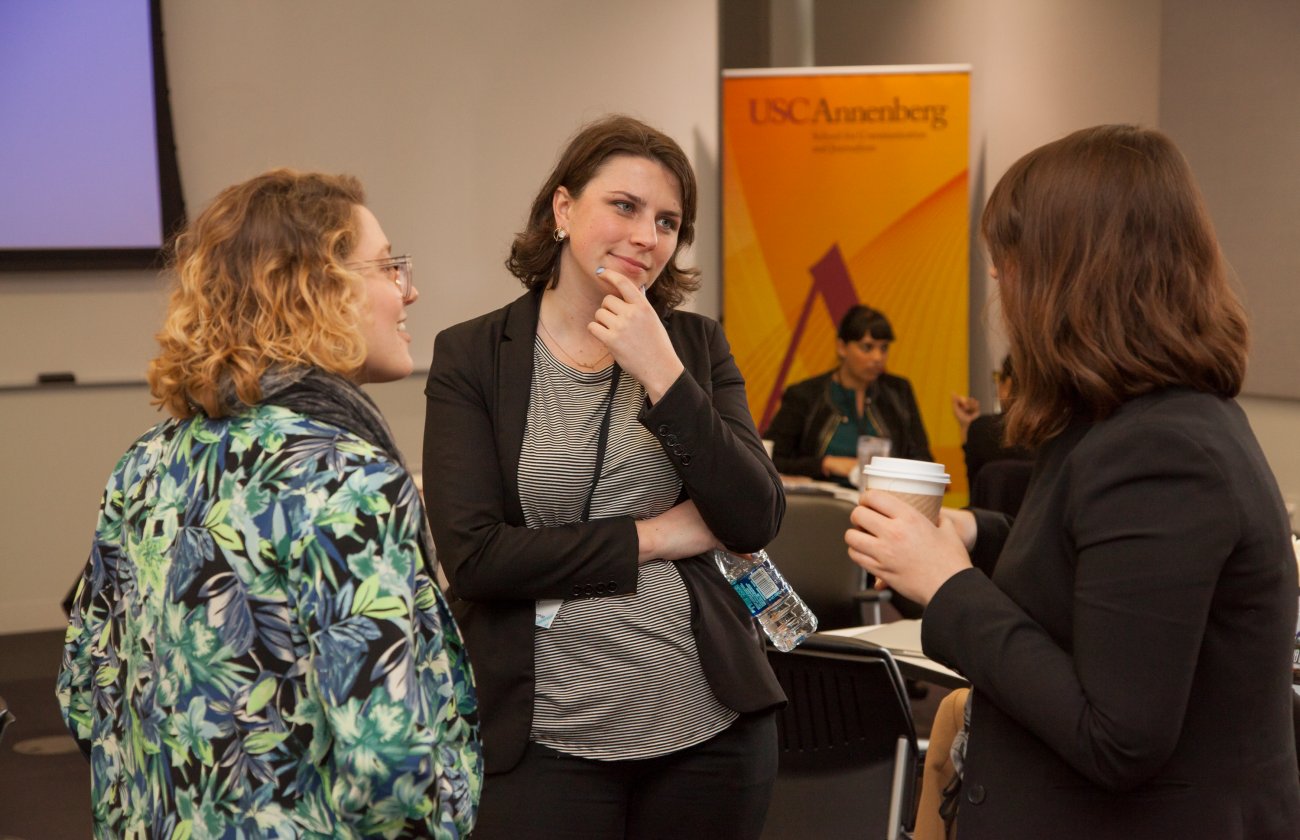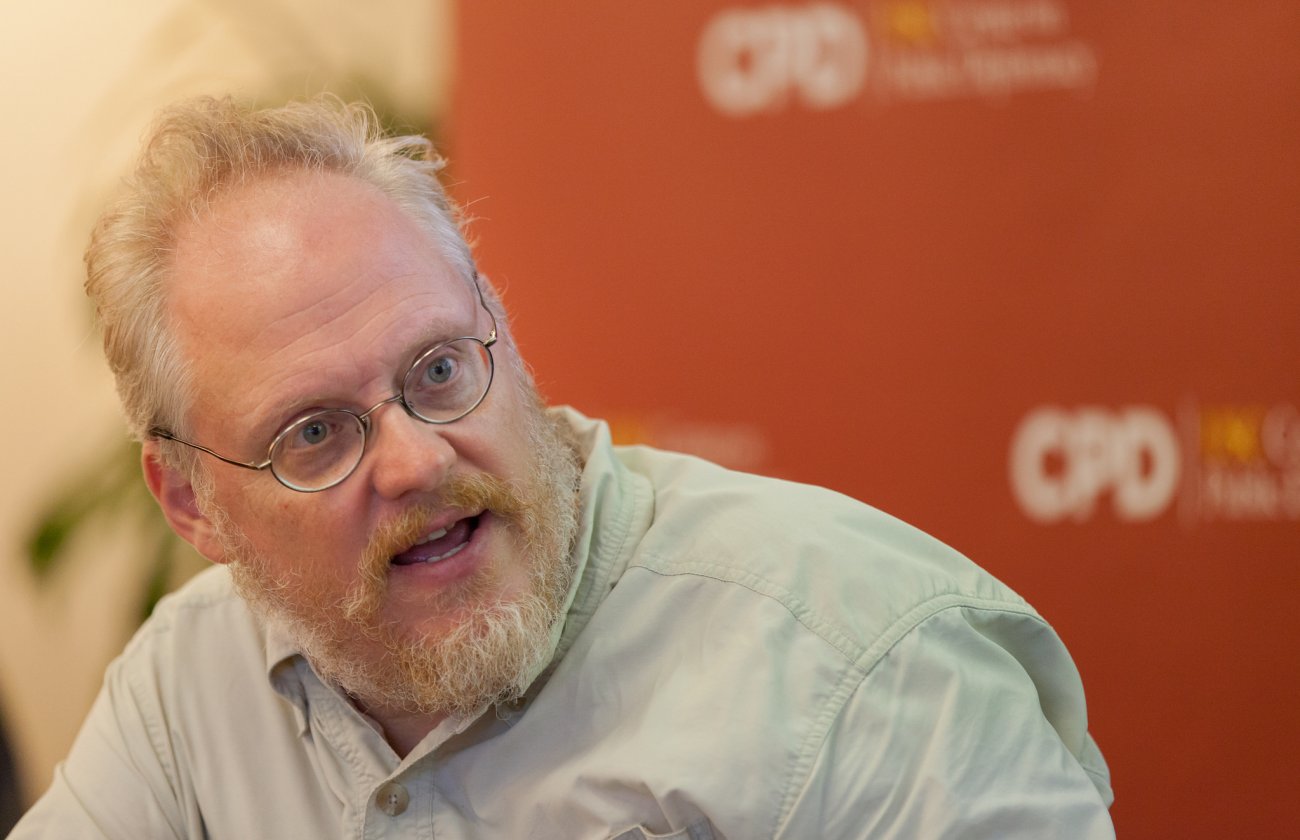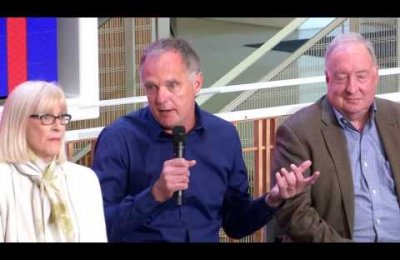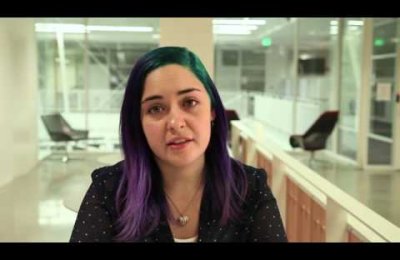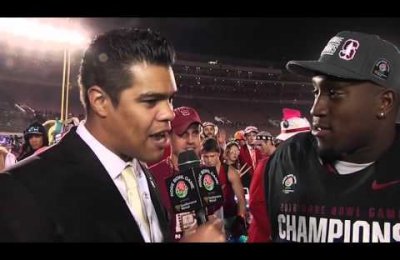Ed. Note: The Tribune Company announced last week that it would create a new corporate entity, the Tribune Publishing Company, to house its newspapers. This spin-off, if approved by regulators, would separate Tribune’s television stations and some web properties from its newspapers. For comment on the matter, we check in today with USC Annenberg Professor Gabriel Kahn.
Kahn is the co-director, with Professor Christopher Holmes Smith, of the USC Annenberg Media, Economics & Entrepreneurship, or M{2E}, program.
Rosenberg: Professor Kahn, is this good news or bad news for my one-time employer, the Los Angeles Times?
Kahn: The split isn’t good or bad, necessarily. It’s a prelude to the next chapter. Whoever ends up controlling the newspaper assets is going to make major changes to the editorial product. For the most part, the business side is still run as a bundled print business. That’s not how most people access the content, however. In the future, we’ll see a shift toward a business model that seeks to repackage the content in a way that can create greater value for the customer and the publisher.
Rosenberg: Seems like just I just finished reading about Fox’s decision to break its newspapers off from the rest of the corporation. Time Warner said the same a few months back. So is this just the new normal? Is this now a ‘dog bites man’ non-story?
Kahn: There is something significant in this. At News Corp., the newspaper assets were really a blip on the radar screen for a company that made most of its money in TV and film. But investors never saw synergies from a company that had all these media assets under one roof. In addition, the newspapers, while they carried plenty of political clout, were a drag on the bottom line and carried liabilities, such as the phone-hacking scandal. It’s going to be rough going now that these papers have to make a go of it on their own. But it will also force us into the next chapter, into a business model that is better equipped to confront the challenges of the future.
Rosenberg: Between your work with M{2E} and with the Annenberg Innovation Lab (AIL), you spend a considerable amount of time in conversation with media and technology entrepreneurs. You also speak regularly with academics and with legacy media titans. Are all the above folks starting to get on the same page about the business of media, or is experimentation currently king?
Kahn: On the same page? The long answer is no. People are still throwing a lot of spaghetti up against the wall. And there is a rush to embrace anything that seems like it might work. While it’s encouraging that Andrew Sullivan is able to attract a sizable number of paying readers to his blog, it doesn’t mean it’s a viable model for all. Some local blogs are successful. Others are failures. But I do believe there is a light at the end of the tunnel. I do believe that journalism has value for people and there are ways of monetizing this value.
Rosenberg: I’ve heard you say a few times that we are entering – or perhaps already in – a new Golden Age for media. Are you talking about business models? Distribution channels? Talent? Access? Ideas? Everything?
Kahn: Yes, I’m an optimist on this. If we look at how technology has improved the horizon for media and for journalism in particular, it’s breathtaking. We are only now beginning to take advantage of the storytelling and narrative opportunities that are emerging from data visualization, from merging text and video, etc. We can use technology to deliver more relevant information to the consumer on numerous platforms. This is going to enrich the experience for all of us, and it is going to make it much more interesting to be a journalist as well. We’re only at the starting line.
Rosenberg: The New York Times – itself fresh from taking bids to shed the Boston Globe – noting in its coverage that the spin-off may help Tribune keep from paying a “big tax bill.” Elsewhere, I believe I read that television is all of a sudden again considered a hot corporate property thanks to increased political advertising spending. Do all roads somehow lead back to Citizens United?
Kahn: Citizens United is a short term play. But for any broadcasters in Ohio, Florida or other swing states, it’s been a boon. I don’t think it’s a sustainable strategy. We’ve seen how advertising is becoming increasingly sophisticated in its ability to target consumers. This is particularly important in political advertising. Television is facing its problems, too. Every semester I poll my students to see how many are pay TV subscribers. The average is less than 10% and getting lower. The TV business is up for major redefinition as well.
Jeremy Rosenberg is USC Anennberg’s Assistant Dean, Public Affairs & Special Events
Related articles:
Related Content:

